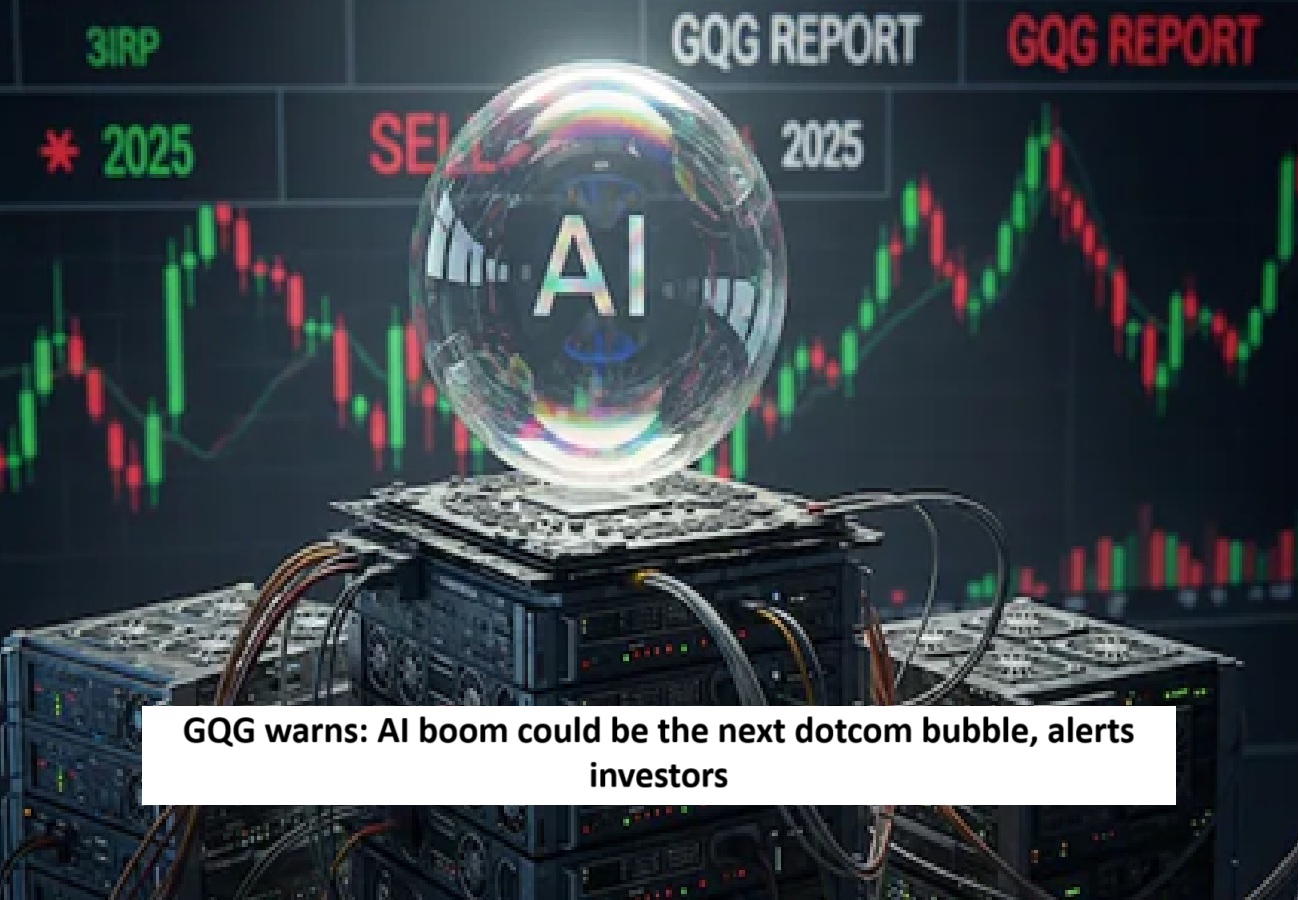
News Topical, Digital Desk : In its latest report, "Dotcom-on-Steroids," global investment firm GQG Partners warns that the massive capital spending on artificial intelligence (AI) could lead the technology sector toward a "dotcom bubble 2.0." According to the report, companies like Nvidia, Microsoft, and Palantir are trading at valuations as high as those of 1999, but their growth is not as rapid. GQG believes the current AI boom may prove to be cyclical rather than sustainable.
The craze for AI continues to grow in global markets, but GQG Partners' report, Dotcom-on-Steroids, raises significant questions. According to the report, the massive capital investments (CapEx) made by Big Tech companies since 2020 are reminiscent of past booms like the dotcom and shale oil booms.
Rising Capital Expenditures – In the AI era, Big Tech companies' capital expenditures have reached 50–70% of EBITDA. This level is comparable to the 2000 telecom bubble (72% for AT&T) and the 2014 energy bubble (65% for Exxon). History shows that such massive CapEx has often proven to be a loss-making proposition for investors, even though customers have benefited from cheaper technology and services. From Microsoft to Nvidia ,the report compares Microsoft in 1999 with today's Palantir and ServiceNow. In 1999, Microsoft was delivering over 35% growth at a valuation of 60x EPS, but its stock price failed to recover for 15 years. Today, Palantir trades at 75x revenue and ServiceNow at 50x EPS, while their growth is limited to 20–30%. Nvidia has been described as the new incarnation of Cisco – in 2000, Cisco was the king of the internet, but fell by 60% as the bubble burst. Warning: GQG says the current situation resembles 1999, not 1995. Tech stocks have already reached dot-com peak valuations. Nvidia's $4.5 trillion market cap is 15% of US GDP, far exceeding Cisco's 2000 level. Furthermore, today's earnings growth is only around 10%, compared to 18% annually in 1999. Why this boom is dangerous: According to the report, significant spending on AI is dependent on advertising revenue, which is highly cyclical. Even strong companies like Nvidia have seen their profits fall by 60% between 2018 and 2022. This is why GQG believes that “the AI boom is not as safe for investors as it appears.”
--Advertisement--

 Share
Share



